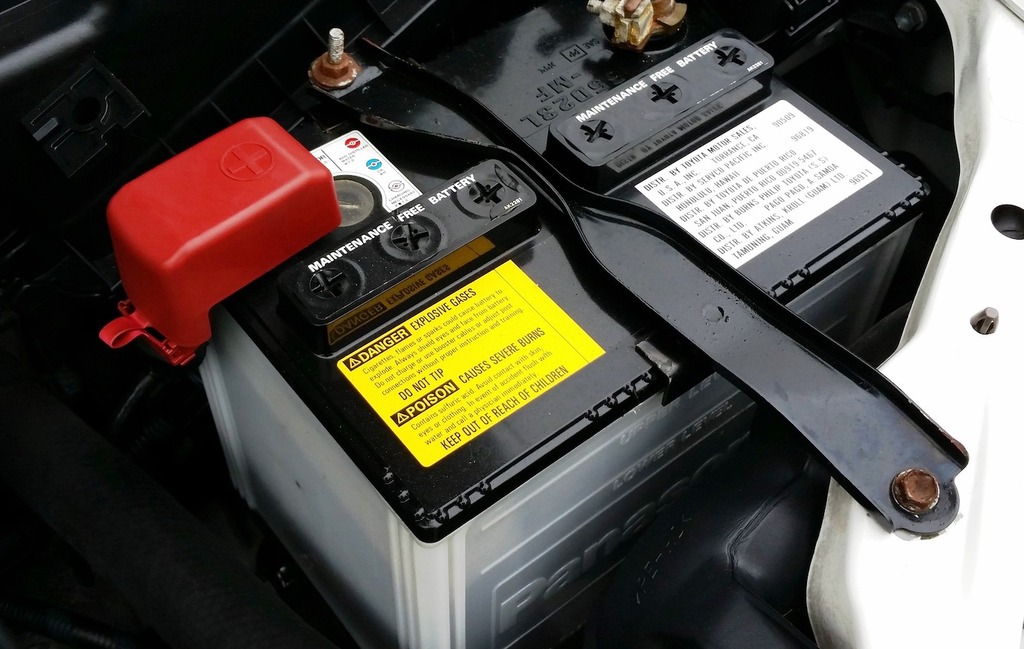The age-old advice that “regular oil changes are crucial for your car’s health” still holds true today. But with advancements in engine technology and a myriad of oil options available, the question of how often you should change your car’s oil has evolved. In this comprehensive guide, we’ll delve into the factors that influence oil change intervals and help you determine the best schedule for your vehicle.
1. Follow the Manufacturer’s Recommendations:
Your vehicle’s manufacturer provides specific guidelines for oil change intervals in the owner’s manual. These recommendations are based on extensive testing and engineering knowledge, making them a reliable starting point.
2. Consider Your Driving Habits:
Your driving habits play a significant role in determining how often you should change your car’s oil. If you regularly engage in stop-and-go city driving or frequent short trips, your oil may degrade faster than if you primarily drive on highways.
3. Check the Type of Oil Used:
The type of oil you use also affects the oil change interval. Conventional oils typically require more frequent changes than synthetic or semi-synthetic oils, which have improved longevity and performance.
4. Monitor Your Mileage:
While mileage alone isn’t the sole factor, it’s a practical way to keep track of oil change intervals. Many experts recommend changing your oil every 3,000 to 5,000 miles, but modern vehicles often allow for longer intervals.
5. Pay Attention to Oil Life Monitors:
Newer vehicles come equipped with oil life monitoring systems that consider various factors, including engine temperature, RPM, and driving habits, to determine the optimal time for an oil change. Trusting these systems can extend your oil change intervals.
6. Assess Your Environmental Conditions:
Extreme conditions, such as frequent driving in hot climates, towing heavy loads, or consistently driving in dusty environments, can accelerate oil degradation. In such cases, shorter oil change intervals may be necessary.
7. Regularly Check Your Oil Level:
Perform regular oil level checks using the dipstick. If you notice that your oil level is consistently dropping between changes, it may indicate a need for more frequent oil changes or a potential issue with your engine.
8. Consult with a Professional Mechanic:
When in doubt, consult with a qualified mechanic. They can assess your specific vehicle, driving habits, and environmental conditions to recommend an appropriate oil change schedule.
Conclusion:
The question of how often you should change your car’s oil doesn’t have a one-size-fits-all answer. It depends on various factors, including your vehicle, driving habits, and the type of oil you use. To ensure your car’s engine continues to run smoothly and efficiently, follow the manufacturer’s recommendations, monitor your driving conditions, and consult with a trusted mechanic when needed. By taking a proactive approach to oil changes, you’ll extend the life of your engine and enjoy worry-free driving.

